On May 26, French President Emmanuel Macron arrived in Germany, starting a three-day visit to affirm the strong relationship between the two leading powers of the European Union (EU).
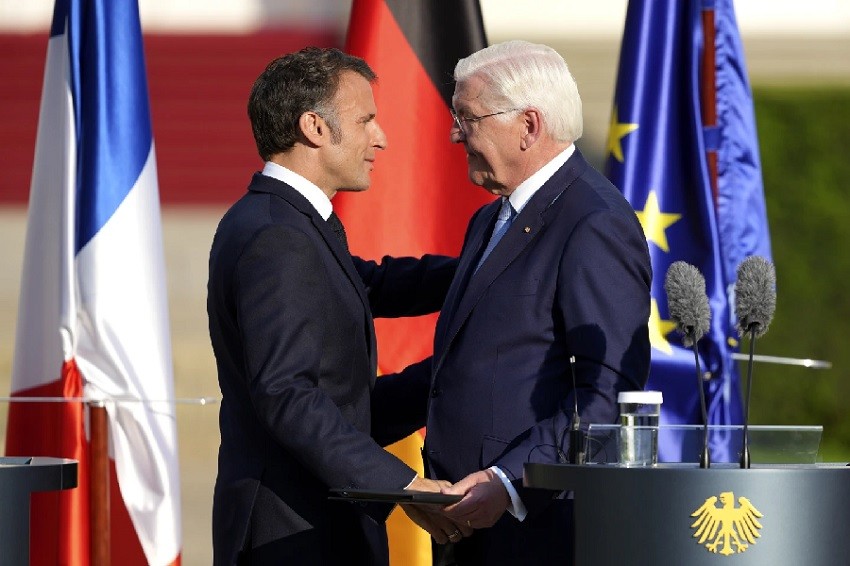 |
| French President Emmanuel Macron (left) and his host country counterpart Frank-Walter Steinmeier in Berlin, Germany, on May 26. (Source: AP) |
Mr. Macron was received by his host counterpart Frank-Walter Steinmeier with state ceremony at Bellevue Palace in Berlin on the evening of May 26 (local time).
The two leaders are scheduled to travel to Dresden, in eastern Germany, where Mr Macron will deliver a speech on 27 May, before heading to Muenster, in the west, the following day. The visit comes as Germany marks the 75th anniversary of its post-World War II constitution.
Before concluding his visit, on the afternoon of May 28, Mr. Macron will meet with German Chancellor Olaf Scholz at a government guesthouse on the outskirts of Berlin. Here, the two sides will find common ground on two key issues that they must reach an agreement on: defense capabilities and competitiveness.
Although President Macron regularly visits Berlin, his visit to the capital this time is said to be the first state visit by a French head of state to Germany in 24 years since former President Jacques Chirac visited Germany in 2000.
The visit was scheduled to take place in July 2023, but was postponed at the last minute due to violent protests that occurred at the time.
The three-day trip is seen as an opportunity to showcase the ability of the “key leadership couple” Germany and France in the EU, in setting the bloc's agenda 10 days before a tense parliamentary election.
Germany and France, the EU's two largest economies , have long been seen as drivers of European integration despite frequent policy and issue differences between the two countries.
President Macron and German Chancellor Scholz have very different leadership styles and have clashed publicly on issues ranging from defense to nuclear energy. However, the two leaders have recently reached compromises on a range of issues, from financial reform to market subsidies, allowing the EU to reach agreements and present a more united front.
“There are tensions in the German-French relationship, but the main thing is that they have addressed some difficult challenges,” said Yann Wernert at the Jacques Delors Institute in Berlin.
The visit was an attempt at the highest political level to demonstrate that the relationship was progressing, said Mujtaba Rahman, managing director for Europe at the Eurasia Group consultancy. But he said there were still fundamental gaps on the big issues looming over the EU.
Source: https://baoquocte.vn/lan-dau-tien-sau-24-nam-tong-thong-phap-tham-cap-nha-nuoc-toi-duc-khang-dinh-kho-khan-chang-the-can-tinh-dong-minh-272748.html



![[Photo] Closing ceremony of the 18th Congress of Hanoi Party Committee](https://vphoto.vietnam.vn/thumb/1200x675/vietnam/resource/IMAGE/2025/10/17/1760704850107_ndo_br_1-jpg.webp)




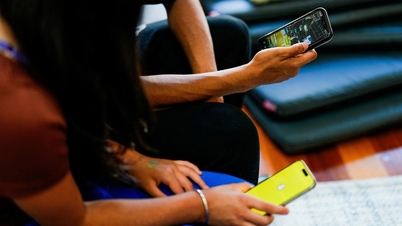

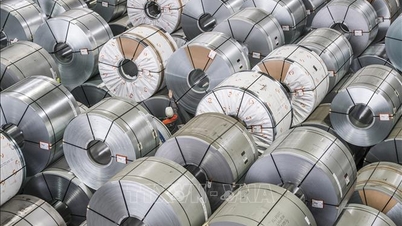

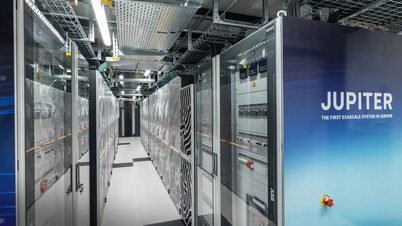

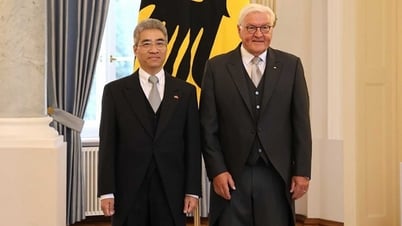
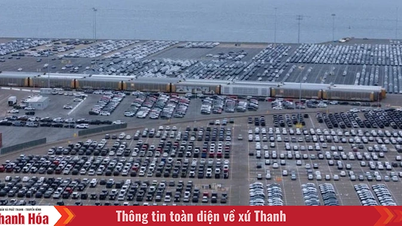


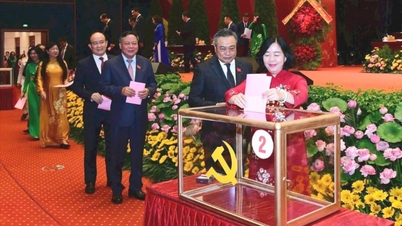

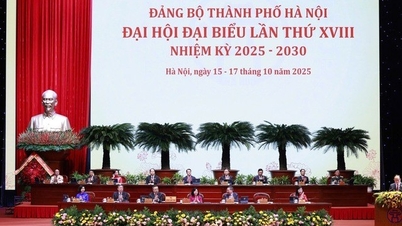
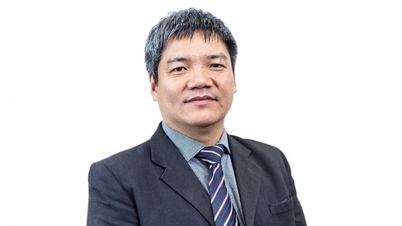
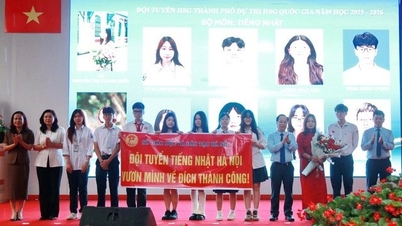
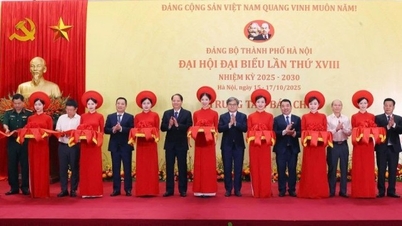
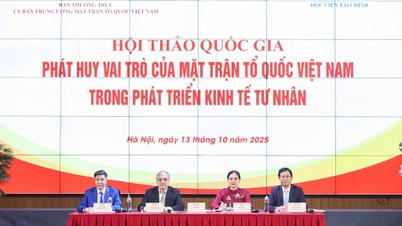




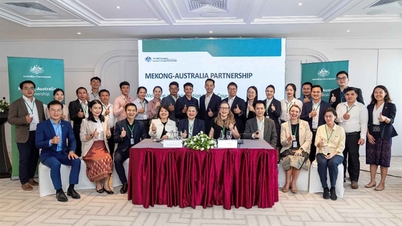
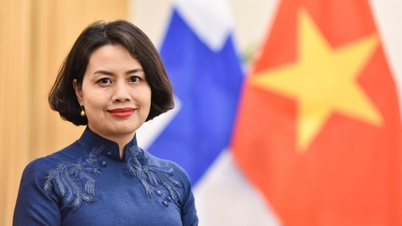
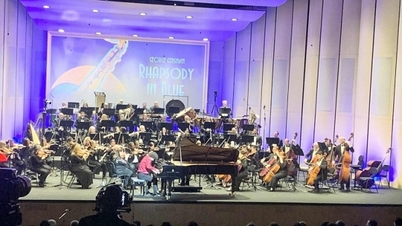
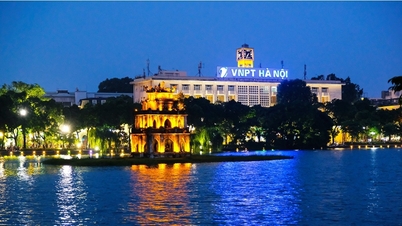
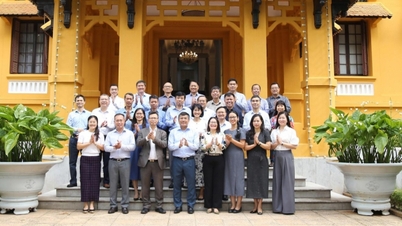
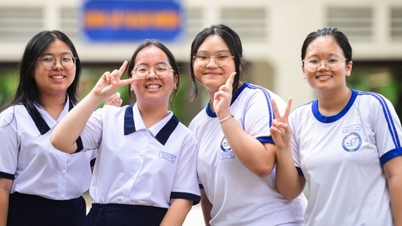
![[Photo] Nhan Dan Newspaper launches “Fatherland in the Heart: The Concert Film”](https://vphoto.vietnam.vn/thumb/1200x675/vietnam/resource/IMAGE/2025/10/16/1760622132545_thiet-ke-chua-co-ten-36-png.webp)


























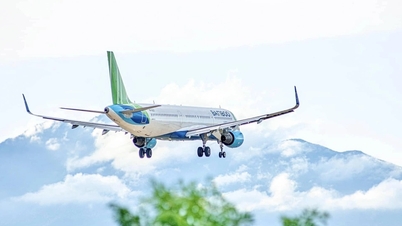







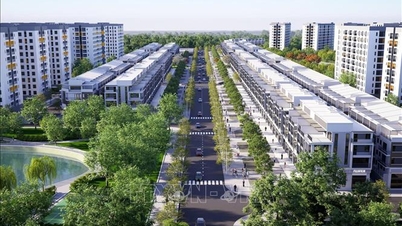
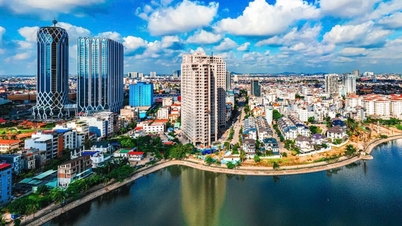
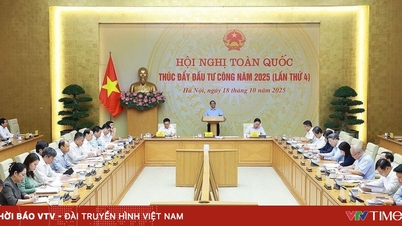


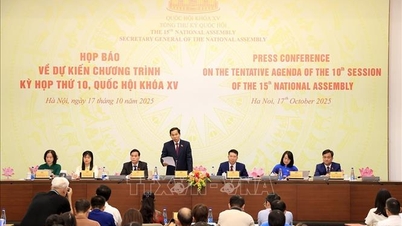





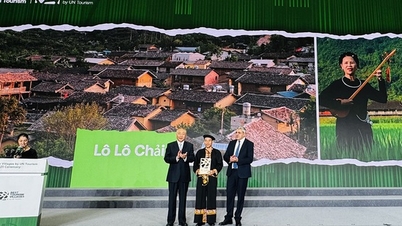
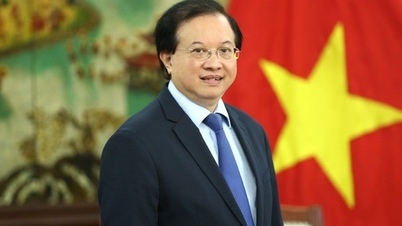
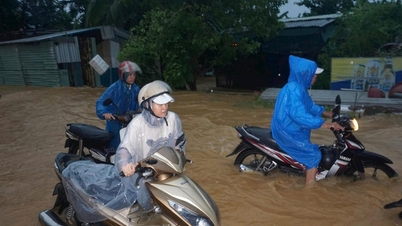

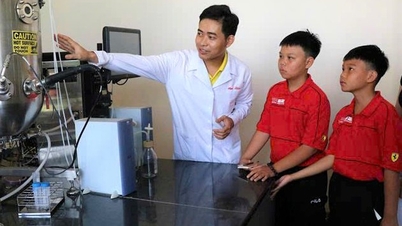




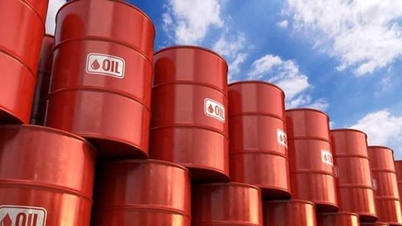














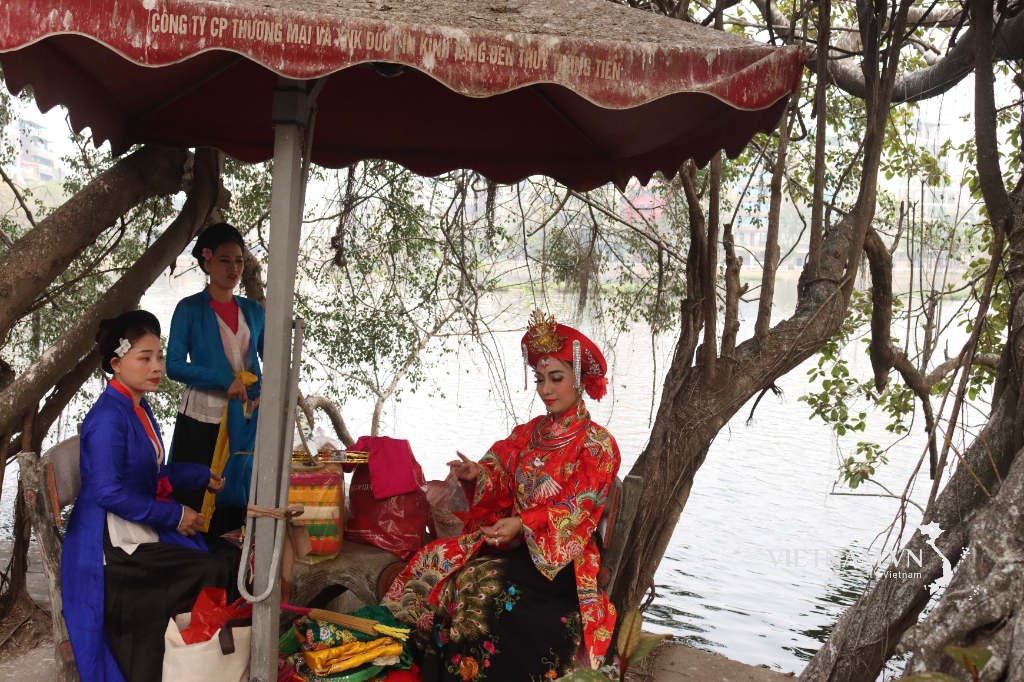

Comment (0)